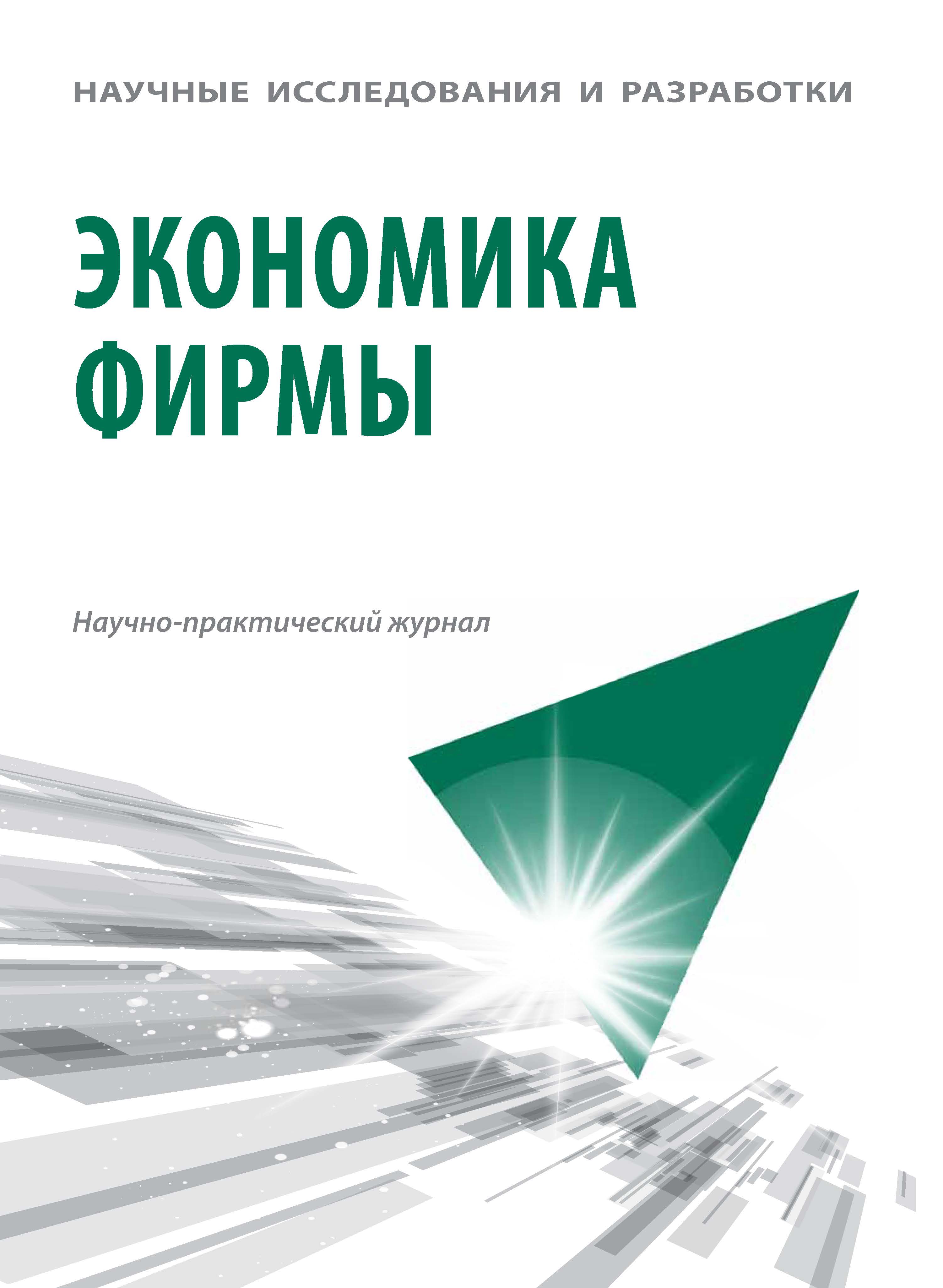Russian Federation
The influence of globalization on regionalization under the influence of the development of information and communication technologies is considered. The inconsistency of the processes of globalization and regionalization at the present stage is noted. Global and regional negative trends in politics and economics form geopolitical risks. The classification of geopolitical risks and the assessment of global risks is designated by the World Economic Forum. It is recommended to take into account quantitative and qualitative factors when analyzing geopolitical risks. It is revealed that global digitalization generates many risks associated with interstate confrontation in the form of information conflicts. As tools for reducing geopolitical risk can be legal and economic instruments: subsidies, subventions, subsidies, government loans; administrative methods in the form of: quotas, licenses, signing international treaties.
regionalization, geopolitical risks, globalization, digitalization
1. Bredihin A.L. Suverenitet kak politiko-pravovoj fenomen [Sovereignty as a political and legal phenomenon]. Moscow: INFRA-M Publ., 2017. 128 p. EDN: https://elibrary.ru/XCSOKN
2. Busan V., Waever O. Regions and Powers // Cambridge University Press, 2003. 570 p.
3. Vsemirnyj ekonomicheskij forum (VEF) [World Economic Forum (WEF)]. Available at: http://www.weforum.org/
4. World economic outlook: a survey by the staff of the International Monetary Fund. Washington, DC: International Monetary Fund, 2013. Available at: http://www.imf.org/external/russian/pubs/ft/weo/2013/01/pdf/textr.pdf
5. World Bank: East Asia and Pacific Economic Update, December 2012 - Remaining Resilient. Available at: http://wwwwds.worldbank.org/external/default/WDSContentServer/WDSP/IB/2012/12/28/000386194_20121228 33822/Rendered/PDF/NonAsciiFileName0.pdf
6. Goldfinger Ch. Innovation in Financial Services // Communications & Strategies, № 48, 4-th quarter 2002, p. 139-160.
7. Geoffrey G. Parker, Marshall W. Van Alstyne, Sangeet Paul Choudary, 2016
8. Global Innovation Index 2012. Available at: http://www.globalinnovationindex.org/gii/GI I%202012%20Report.pdf
9. Evrazijskij ekonomicheskij soyuz stal real'nost'yu [The Eurasian Economic Union has become a reality].Available at: http://www.vesti.ru/doc.html?id=2244042
10. Kelly R. Security Theory in the \"New Regionalism\" // International Studies Review. 2007. I. 9(2). P. 197-229.
11. Ivanov V.V., Malineckij G.G. Rossiya: HHI vek. Strategiya proryva. Tekhnologii. Obrazovanie. Nauka [Russia: XXI century. Breakthrough Strategy. Technology. Education. The science]. Moscow: LENAND Publ., 2017. 304 p.
12. Lepskij V.E. Tekhnologii upravleniya v informacionnyh vojnah (ot klassiki k postneklassike) [Management technologies in information wars (from classics to post-classics)]. Moscow: Kogito-Centr Publ., 2016. 160 p. EDN: https://elibrary.ru/YLUSJR
13. O Strategii razvitiya informacionnogo obshchestva v Rossijskoj Federacii na 2017-2030 gody: ukaz Prezidenta RF ot 9 maya 2017 g. № 203. Dostup iz sprav. -pravovoj sistemy «Konsul'tantPlyus» [On the Strategy for the Development of the Information Society in the Russian Federation for 2017-2030: Decree of the President of the Russian Federation of May 9, 2017 No. 203. Access from Ref. -legal system “Consultant Plus”].
14. Poluchenie cifrovyh dividendov: effektivnoe ispol'zovanie Interneta dlya razvitiya v Evrope i Central'noj Azii [Receiving digital dividends: efficient use of the Internet for development in Europe and Central Asia]. Available at: https://www.vsemirnyjbank.org/ru/region/eca/publication/digital-dividend
15. Pepper N. Cifrovoe zoloto. Neveroyatnaya istoriya Bitkojna [Digital Gold. The incredible story of Bitcoin]. Moscow: «I.D. Vil'yams» Publ., 2016. 368 p.
16. Razvitie cifrovoj ekonomiki [The development of the digital economy]. Available at: http://www.scienceforum.ru/2018/pdf/5054.pdf






